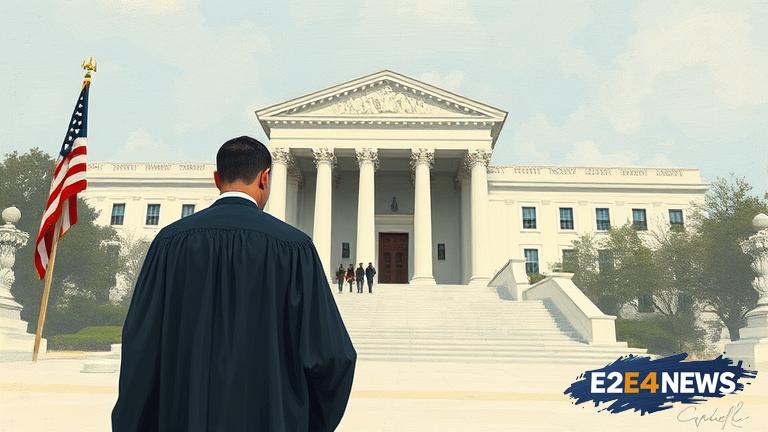In a significant development, judges in Washington D.C. are collectively pushing back against a slew of criminal charges that have been filed against them. The charges in question pertain to allegations of unlawful searches conducted by law enforcement. This move by the judges is seen as a unified stance against what they perceive as an overreach by the prosecution. The issue at hand revolves around the legality of certain search procedures that have been employed by the police. The judges argue that these searches, while potentially controversial, were conducted in good faith and in accordance with their understanding of the law at the time. They further contend that the charges brought against them are not only unfounded but also undermine the independence of the judiciary. This case has sparked a heated debate about the balance between law enforcement’s need to investigate crimes and the protection of individual rights against unreasonable searches and seizures. The Fourth Amendment to the U.S. Constitution guarantees the right of the people to be secure in their persons, houses, papers, and effects, against unreasonable searches and seizures. However, the application of this amendment in real-world scenarios often leads to complex legal battles. The judges’ pushback is supported by various legal scholars who argue that the criminalization of judicial decisions made in good faith could have a chilling effect on the administration of justice. It could lead to judges being overly cautious, potentially hindering the efficient functioning of the judicial system. On the other hand, advocates for stricter law enforcement oversight argue that holding judges accountable for allegedly illegal actions is essential for maintaining public trust in the justice system. The D.C. criminal charges have also raised questions about the training and guidance provided to law enforcement officers regarding what constitutes a lawful search. There is a call for clearer guidelines and more comprehensive training to prevent such situations in the future. Furthermore, this incident highlights the need for ongoing dialogue between the judiciary, law enforcement, and the community to ensure that the rights of all individuals are respected while public safety is maintained. The outcome of this case is being closely watched, as it could set a precedent for how similar situations are handled in the future. It also underscores the importance of judicial independence and the rule of law in a democratic society. In conclusion, the pushback by DC judges against criminal charges related to allegedly illegal searches is a complex issue that touches on fundamental principles of law, justice, and individual rights. As the legal community and the public await the resolution of this matter, there is a broader recognition of the need for clarity, accountability, and respect for the law in all its applications. The situation is a reminder that the justice system is designed to balance competing interests and protect the rights of all parties involved. Ultimately, the goal is to ensure that justice is served in a fair, impartial, and lawful manner. The case will likely lead to a reevaluation of current practices and potentially to reforms aimed at preventing similar conflicts in the future. It is a significant moment in the ongoing evolution of the justice system, reflecting the dynamic interplay between legal principles, societal values, and the pursuit of justice.
